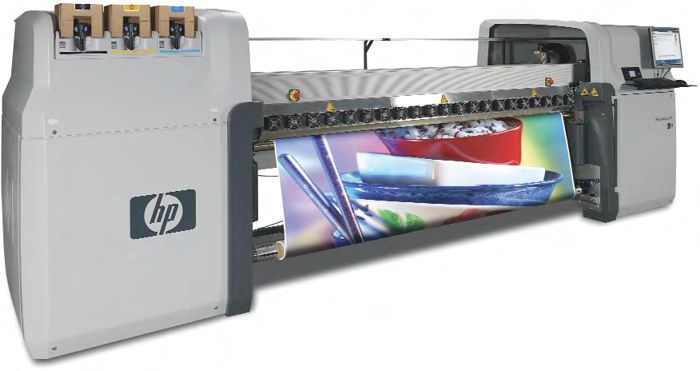Definitive environmental policy introduced by William Smith
One of the UK's leading providers of integrated sign and graphics and digital printing solutions, William Smith has introduced a definitive environmental policy that enables the company and its customers to greatly enhance the 'green' awareness policies endorsed by government and other legislative bodies. The environmental policy now in place at William Smith complies with the requirements of the Environment Agency Approved Guidelines and related organisations to which the company's managerial and supervisory staff have a clearly stated duty to implement and upgrade throughout its manufacturing and supply disciplines.
 The company's clear objective is to minimise the impact on the environment by preventing pollution, reducing waste and, wherever possible, taking measures to protect and preserve the environment. Part of these objectives covers appropriate consideration to the effects that the company's operations might have on the local community and this is a requirement that is often neglected or overlooked by less environmentally responsible companies.
The company's clear objective is to minimise the impact on the environment by preventing pollution, reducing waste and, wherever possible, taking measures to protect and preserve the environment. Part of these objectives covers appropriate consideration to the effects that the company's operations might have on the local community and this is a requirement that is often neglected or overlooked by less environmentally responsible companies.
At William Smith, all materials (predominantly paper, cardboard, aluminium and acrylic) are segmented and recycled. Manufacturers of vinyl materials (a core element of the company's product mix but at present difficult to recycle) are constantly striving to develop more environmentally friendly products and William Smith actively engages with any initiative aimed at achieving this objective. Developments within the range of hardware and materials solutions provided by the company reflect these initiatives. Most notable is in the supply of printers that use the latest Latex ink technology as an alternative to the more hazardous solvent-based systems. The Latex system has only a minimal VOC content and therefore no expensive fume extraction equipment is required. It is non-hazardous, odourless and instantly curable and will provide the same three - to five-year outdoor performance as full solvent inks without the attendant dangers to the environment whilst significantly increasing production speed and output.
Latest developments in materials supply that similarly protect and preserve the environment more effectively include two non-PVC vinyl products. The new 3M 3545C is a fine example of an alternative non-PVC solution to traditional solventbased materials. Due to its special construction, it is far more environmentally friendly but with no compromise on quality and performance standards. Similar benefits can be found in the alternative RI-JET eco-friendly digital film from RITRAMA that is EU Phthalates Directive 2005/84/EC compliant. It is another example of a material that offers a significantly reduced environmental impact but with no compromise on quality and durability.
At another level of 'green' awareness, William Smith encourages the adoption of car-sharing initiatives by employees to help cut fuel emissions and to reduce the carbon footprint. The company also prefers to use, as appropriate, recycled and recyclable paper for all of its stationery requirements and recommends that customers make more use of electronic rather than hard copy versions of its product and technical literature.
For further information, visit the website www.williamsmith.co.uk

